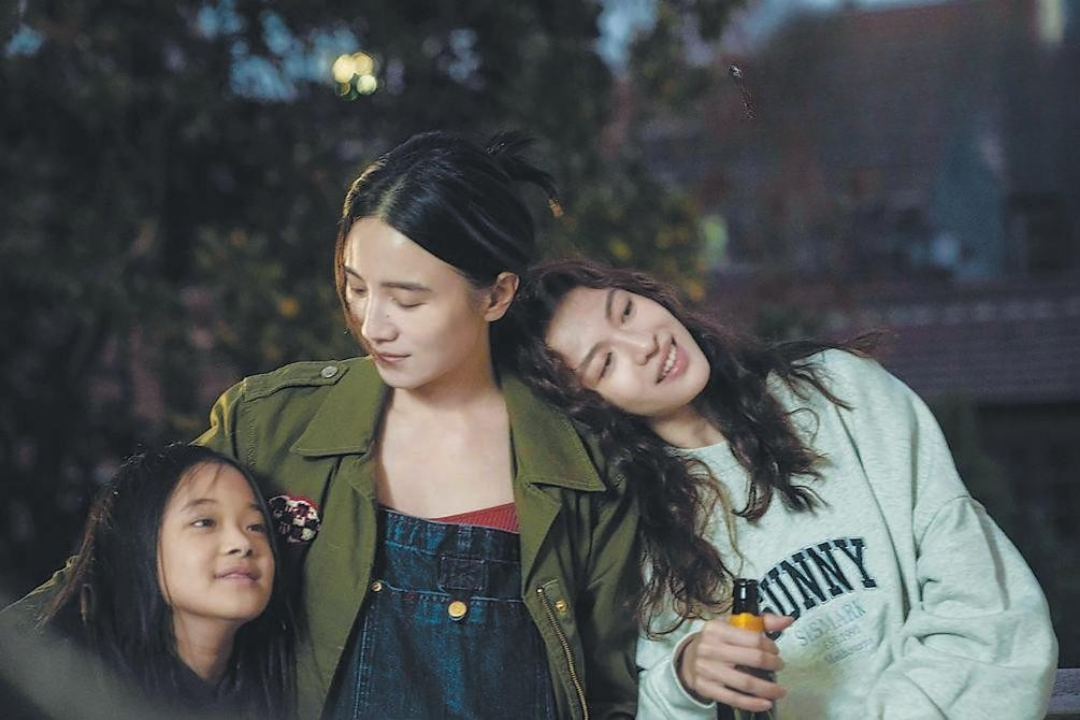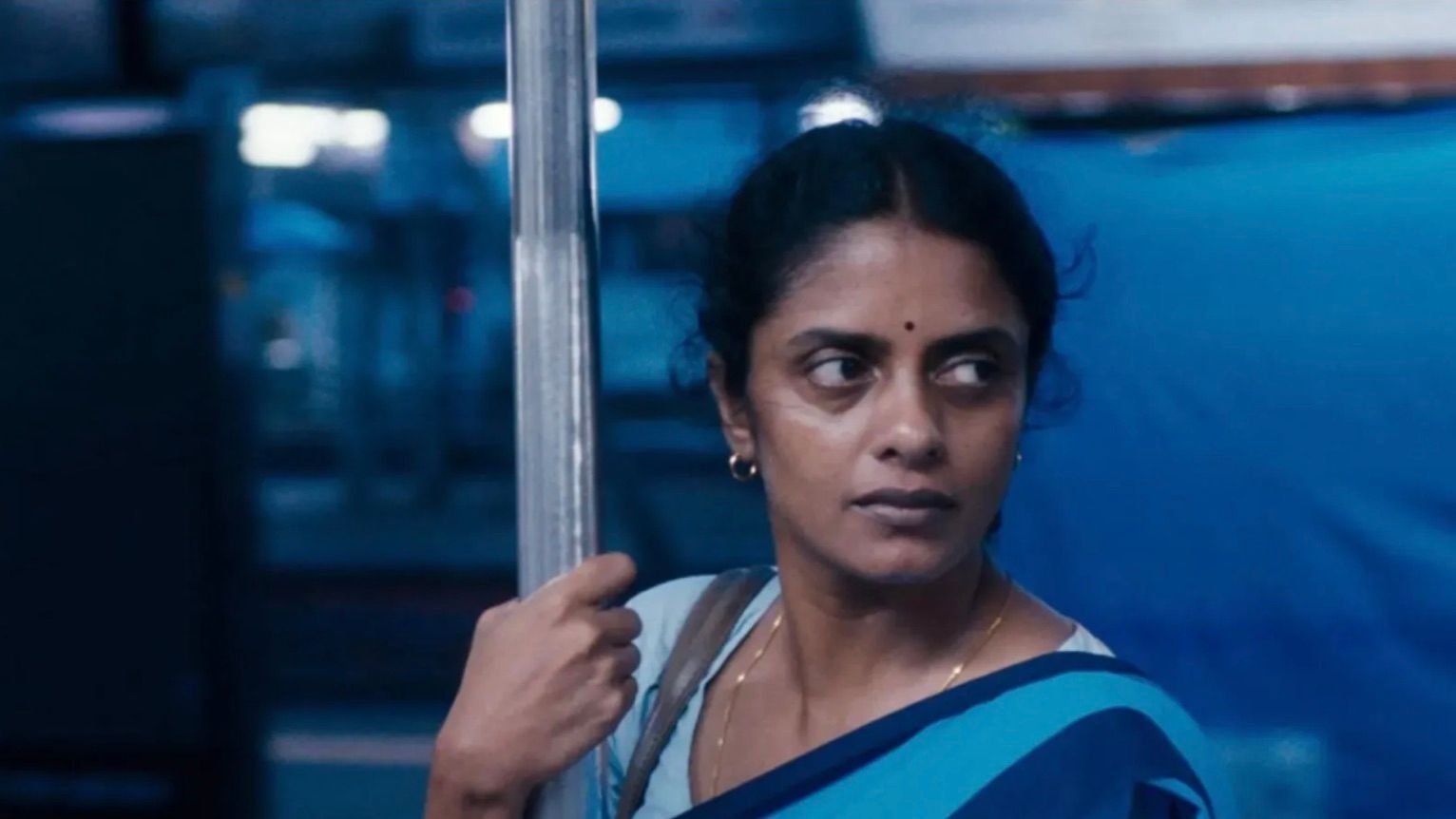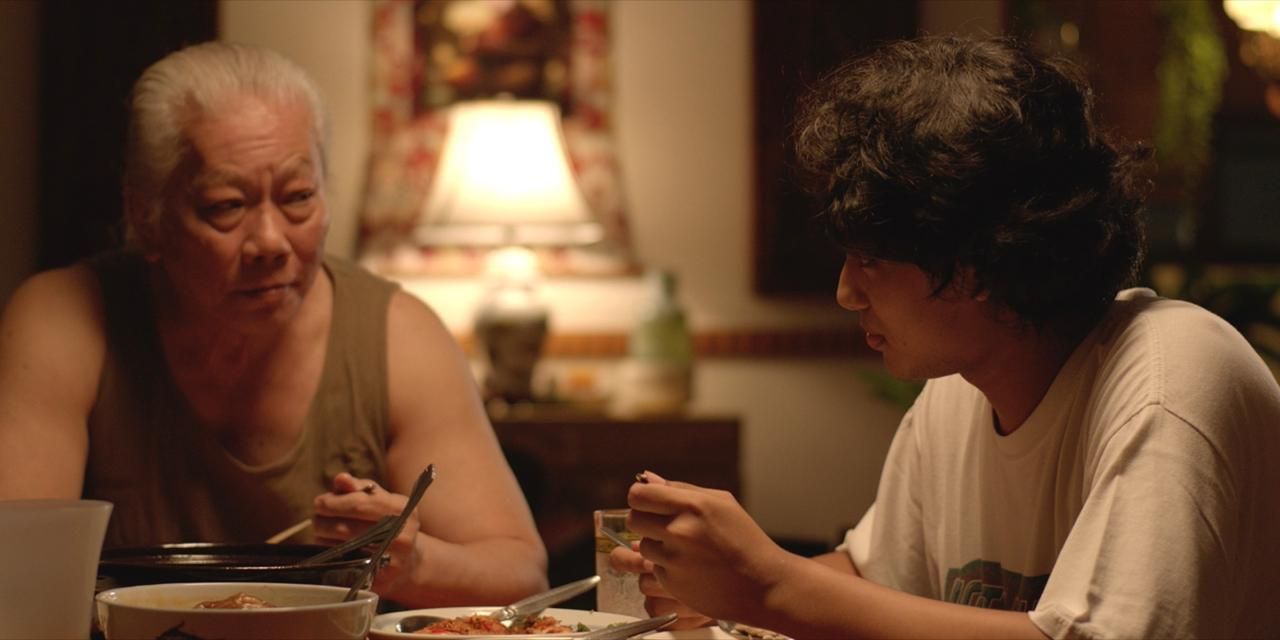
Film Review #139: SMOKING TIGERS
Smoking Tigers is a film about longing and belonging.
We follow Hayoung (Ji-young Yoo), a lonely 16-year-old Korean-American child of divorce, struggling to find her place in society, while caught between conflicting social classes and cultural identities. Smoking Tigers excels at painting an intimate portrait of a young girl yearning for stability and security.
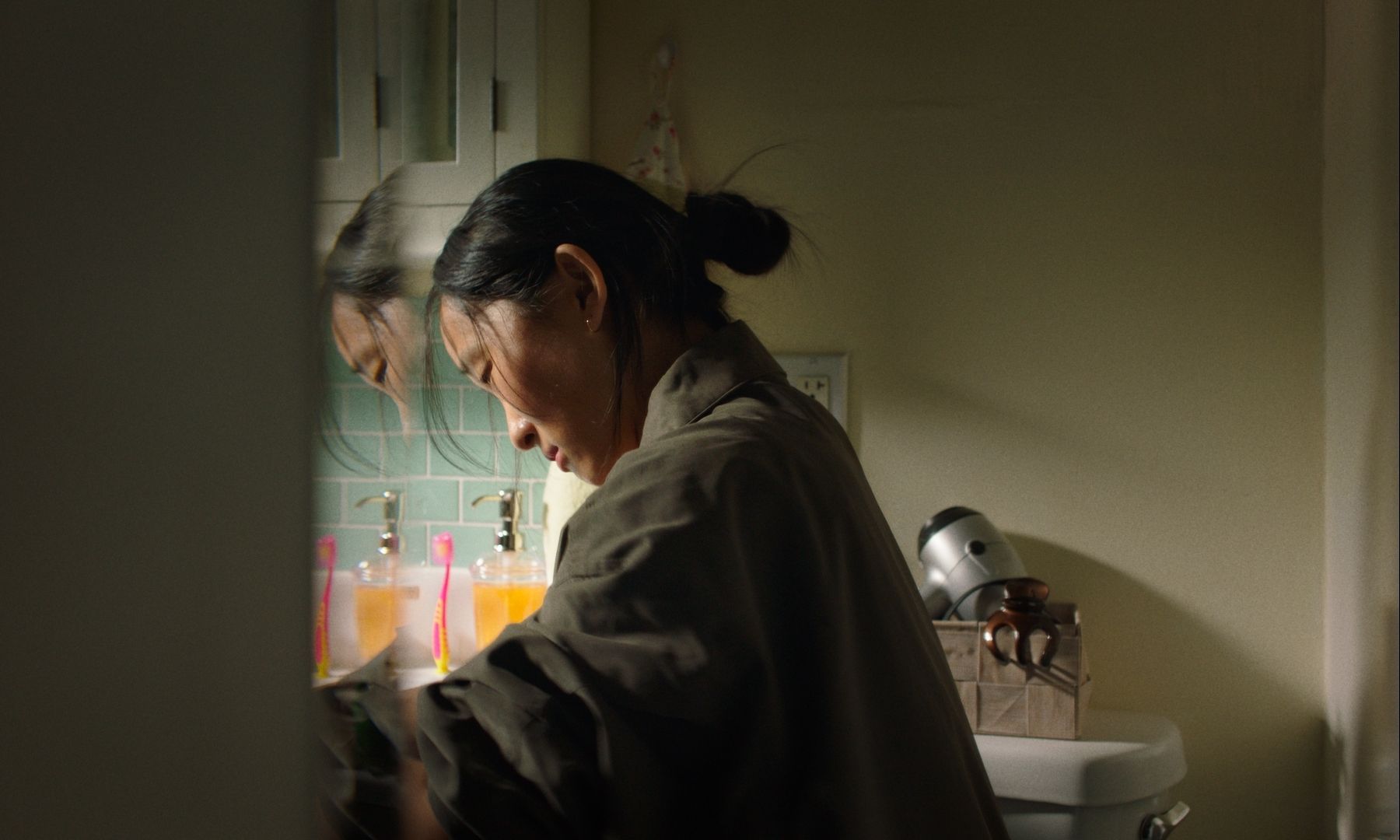
But it’s not just about that. The narrative carefully unfolds a situation where both adults and their children are navigating difficult emotional landscapes. The challenges faced by adults are not rooted in pure hopelessness, but are more about a deep emotional resonance — something that tugs at the heart. The adults are struggling with their own personal battles, especially because they don’t fit neatly into the conventional roles society expects of them. At the same time, their children are going through the tough, often turbulent, period of adolescence, where feelings like jealousy and confusion play a big part in shaping their experiences.
The film opens with Hayoung sitting in a tub, then on a wooden bench in a huge mansion with tall windows and lots of natural light. Yet neither the tub nor the mansion belong to her; she is there only to accompany her father as he attempts to engage a client for his carpet business. In contrast, she lives in a small house and bathes in a communal shower, far from the luxurious accommodations she clearly longs for.
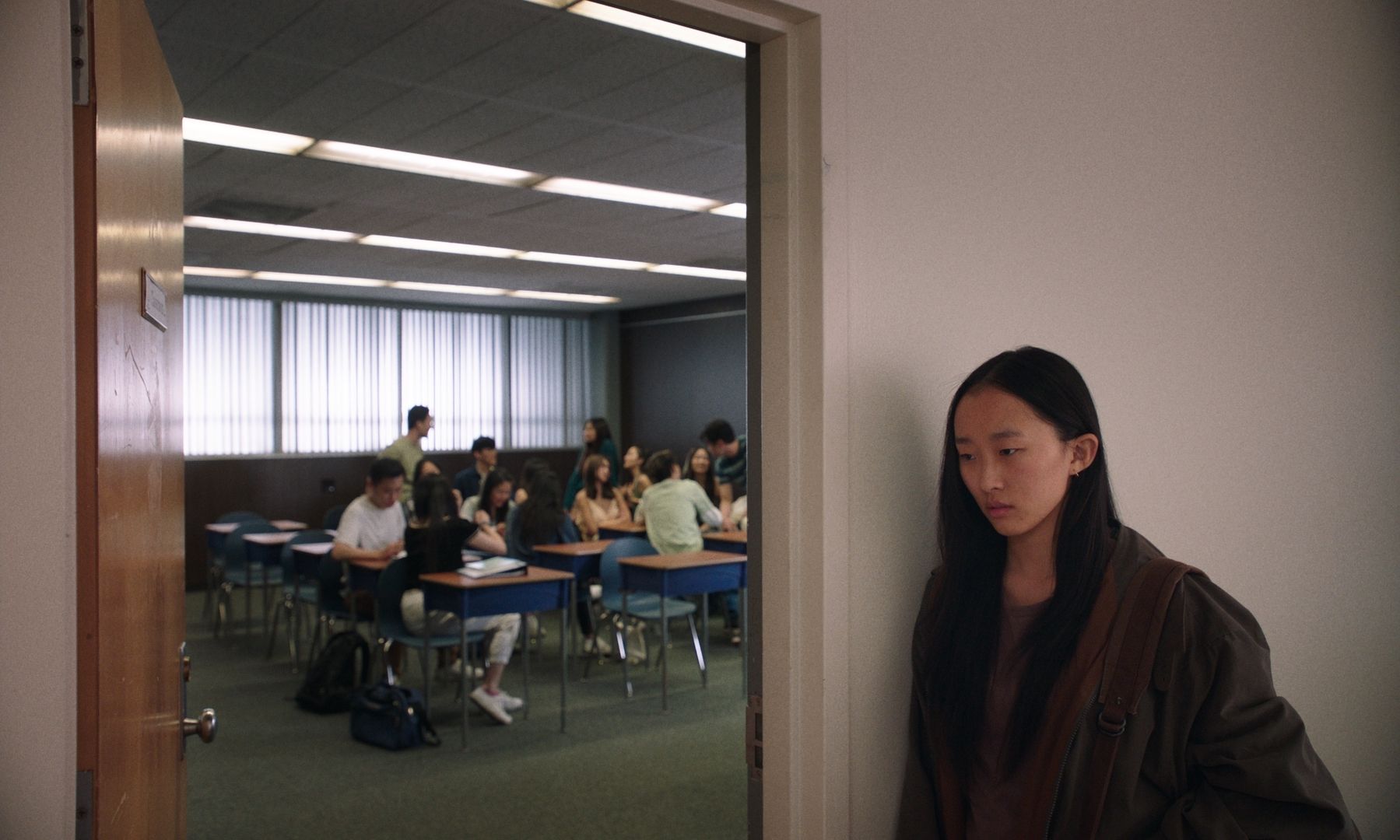
Despite her family’s modest background, her mother sends her to an expensive college-preparatory bootcamp with fellow Korean-Americans who live a vastly different life. The bootcamp is strict and Hayoung struggles to find her tribe in the sterile atmosphere, and this serves to emphasise her sense of displacement. Nevertheless, she finally befriends Rose.

Despite bonding over extremely personal secrets, and getting into precarious situations together, Hayoung still seems disconnected from her new found bestie; uncomfortable to reveal her modest background, she remains closed off to a genuine connection. This then finds its way out in rebellious acts; Hayoung betrays herself, and even her family, to appear rich.
The film also cleverly uses set design to reveal stark differences in Hayoung and the rest of her social circle. Each time Hayoung’s home is shown, it is extremely dimly-lit – which may well be her mother’s way of saving money on electricity, but it is also cinematographer Heyjin Jun and director So Young Shelly YO’s masterful way of drawing audiences’ attention to the emotional dissonance which Hayoung experiences when she is at home. The atmosphere in her house starkly contrasts the brightly-lit hallways and living rooms of the mansions her father’s clients live in, and the colourful lights at the party thrown by a wealthier boy from her bootcamp. She seeks out such brighter, cheerful environments, deliberately following her father on his meetings with clients, in desperate attempts to convince herself that a better life is just around the corner.
As with most migrant stories, the push and pull of language and culture is always a painful navigation. When around her parents, Hayoung almost exclusively converses in Korean. This is brought to our attention at the beginning of the film, when a client compliments her father on her Korean, stating that he had raised her well. However, in the company of fellow Korean-American classmates, she switches to speaking English. Hayoung is repeatedly torn between embracing her Korean heritage and her American upbringing, in the process of reconciling both aspects of her cultural identity. Smoking Tigers is filled with quiet moments and dialogues, putting us in Hayoung’s detached and isolated headspace. Hayoung is trapped between worlds throughout the film, and struggles to find a place where she feels truly accepted for who she is.
Overall,
Smoking Tigers does a great job at eliciting feelings of loneliness with its viewers, allowing us to empathise with Hayoung and follow her internal conflict. It is a brilliant feature-length debut from So Young Shelly YO, and a must-watch for anyone struggling to come to terms with their self-identity.
----------------------
About the author:
Aedan is a devoted cinephile with a keen eye for films which delve into self-discovery and identity. He enjoys revelling in the emotions these stories evoke, and hopes to share his insights with others. When he’s not watching a movie, he’s probably busy rearranging his DVD collection.
Smoking Tigers will have its Southeast Asian Premiere on 26 Oct, Saturday, 9pm at Golden Village Suntec City as part of the Singapore Korean Film Festival 2024. A repeat screening will be on 2 Nov, Saturday 2pm. Tickets are free through registration at https://singaporefilmsociety.peatix.com/. If the screening is sold out, please arrive 15 min before screening time for a chance of tickets at the walk-in.
Visit
kff.sg for more information.

